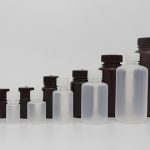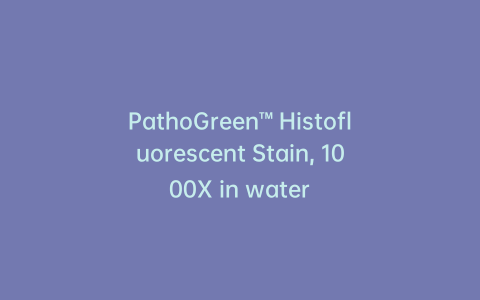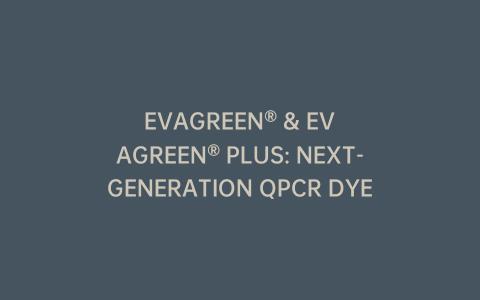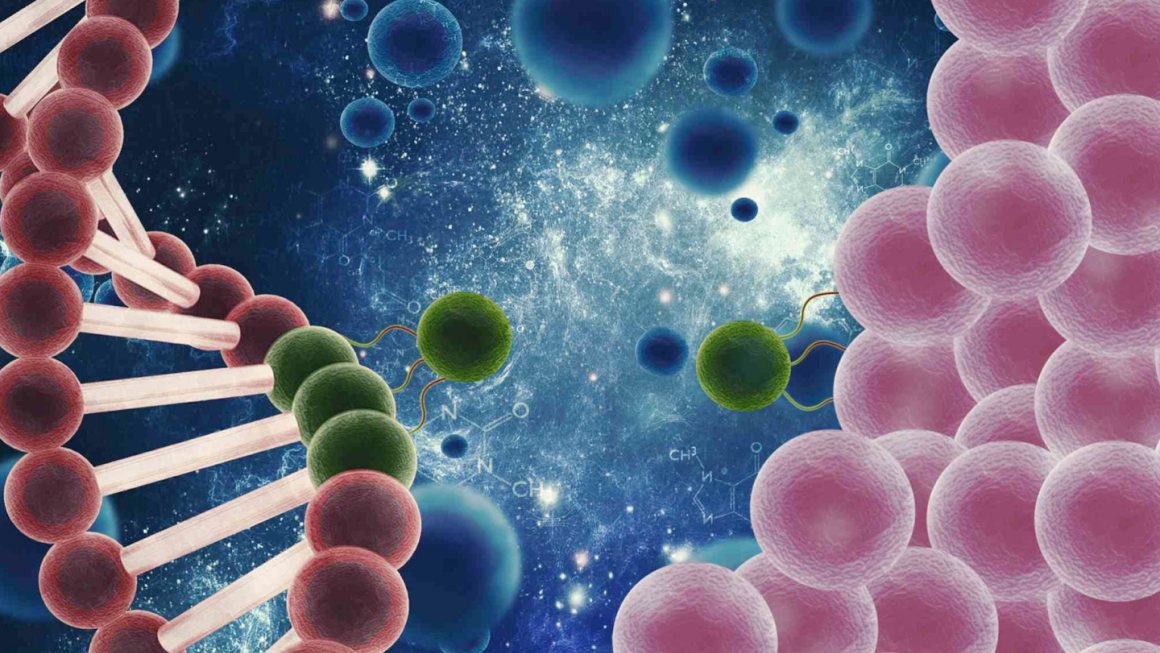Liver fibrosis refers to the excessive accumulation of hepatic collagen, it is produced by activated hepatic stellate cells (HSCs). Currently, there is no effective drugs available for the clinical treatment of liver fibrosis, which means antifibrotic drugs cannot specifically target activated HSCs. A recent study reported the synthesis and evaluation of poly (lactide-co-glycolide)-polyspermine-poly (ethylene glycol)-vitamin A (PLGA-PSPE-PEG-VA), together with activated HSC-targeted and biocompatible amphiphilic polymers for co-delivery of silibinin and siCol1α1 that synergistically suppress collagen I accumulation in fibrogenesis.
PLGA-PSPE-PEG-VA can self-assemble into core-shell polymeric micelles (PVMs) at low concentration. By loading with silibinin and siCol1α1, the chemical/genetic drug-loaded PVMs (CGPVMs) showed a relatively small particle size and a slightly positive surface. Due to the very low cytotoxicity and hemolytic activity in vitro, CGPVMs were well tolerated in mice with no liver toxicity or inflammation. Apart from that, CGPVMs could accumulate effectively in fibrotic livers and target activated HSCs specifically. Compared to silibinin-loaded PVMs and siCol1α1-loaded PVMs, CGPVMs decreased collagen I production and ameliorated liver fibrosis more efficiently. The result revealed that in the liver fibrosis treatment, CGPVMs are a promising tool which could achieve the targeted delivery of chemogenes to activated HSCs.




